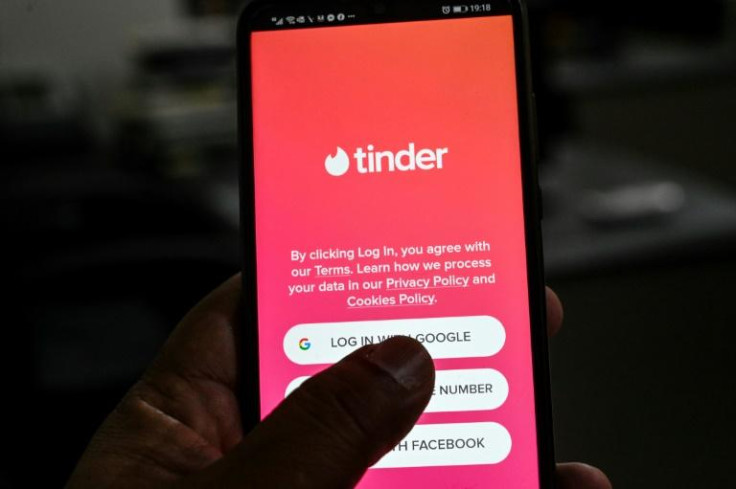
Tinder, which describes itself as the "world's most popular app for meeting new people", was launched in 2012.
The brand has since become available in more than 190 countries and in 56 languages, according to US subscription data.
In September 2021, an investigation that studied Tinder account holders found that a staggering 75 million people admitted to using the app every month.
Tinder's new CEO, Faye Iosotaluno, has said that the brand is on the way to losing it's 'world's biggest dating app' title.
Iosotaluno was named Tinder Chief Executive by the brand's parent group, Match Group, last month after the role had been left vacant for more than 16 months.
"We need speed and we need urgency right now," Iosotaluno urged, noting that the brand wants "to make sure we're putting the right product in front of the right people at the right time".
With regard to women's romantic experiences on Tinder, the new CEO also said that the application team "have dropped the ball".
While tinder has accounted for more than 50 per cent of Match Group's annual revenue, currently measuring at a staggering $3.4 billion each year, Tinder has seen a series of different leaders in recent years.
Before Iosotaluno became Tinder's newest female CEO, Renate Nyborg, who left her post in the middle of 2022, was named the brand's first female CEO.
As consumer spending has diminished on a global scale amongst dating app users, official figures show that Tinder's paid accounts fell by five per cent year-over-year in 2023.
The lack of customer spending comes as dating app users have expressed that they are increasingly wary of catfishing on dating apps.
A report, published by Kaspersky, found that more than a third, 38 per cent, of dating app users are concerned with being scammed. A further 34 per cent admitted that they didn't trust people on dating apps.
More than 10 per cent of dating app users also said that they had friends who have had negative experiences when online dating.
For the generation Z demographic, some dating app users also said that they have become bored of Tinder's "swipe" feature, which was viewed as innovative amongst millennial consumers when it was first launched.
The dating application Hinge, which was launched one year after Tinder, has become increasingly popular amongst Generation Z users – with the average Hinge user being 25 years old.
Hinge has since been named as one of Tinder's biggest competitors, as well as the dating application Bumble, with the apps boasting a combined 73 million users each day.
After reviewing a range of dating platforms, the American media website CNET listed Tinder as the "best dating app for casual chats and hookups". Hinge, however, was listed as the "best app for relationship seekers".
To rid dating app consumers of their safety concerns, this week, Tinder announced that it is introducing a new passport-scanning feature for users in the UK, Brazil and the US.
The safety feature will ensure that Tinder account holders in the UK have their identities, profiles and ages verified.
The ID scanning will involve either a passport or a driving licence that will be compared to a video selfie.
After volunteering to get their identity verified, Tinder users will receive a verification mark on their profile
Victim Support, an independent charity dedicated to supporting victims of crime in England and Wales, welcomed Tinder's new identity verification feature but noted that dating platforms need to "go further" to guarantee a user's safety.
Wayne Stevens, a spokesperson for Victim Support, argued: "Ensuring ID verification is mandatory across all dating apps, rather than optional, would be more robust."
"Romance fraud is a devastating crime, particularly because of the shame and stigma around it," Stevens added.







